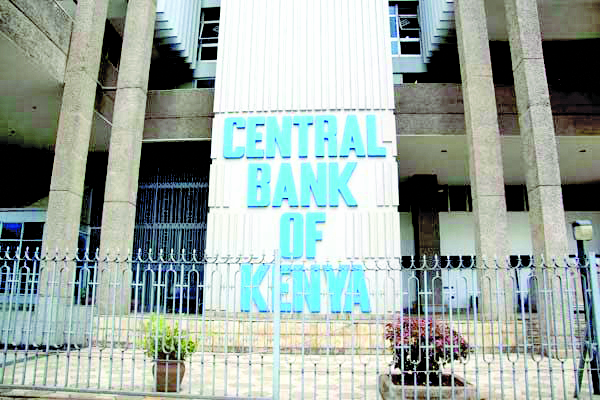Market expects CBK to reduce rate by 0.5pc
By Noel Wandera and Vanessa Sandra, October 8, 2024Market analysts have forecast a 0.5 per cent reduction in the Central Bank of Kenya’s (CBK) benchmark interest rate during today’s Monetary Policy Committee (MPC) meeting, potentially lowering it to 12.25 percent and stimulating economic growth.
Emilio Munene, a Macroeconomics analyst and Bank Economist at Equity Group Holdings, noted that this rate cut reflects a broader trend of easing monetary policy in response to favorable economic indicators. The expected reduction is driven by declining inflation rates, a strengthening Kenyan shilling, and global monetary trends favoring lower interest rates.
“Such a move would not only boost Kenya’s economic recovery but also incentivize borrowing, investment, and consumer spending,” Munene stated. Lower rates typically encourage businesses and consumers to take on loans for investment and spending.
Lowering import costs
Kenya’s inflation rate has dropped to 3.6 per cent in September 2024, down from 4.4 per cent in August, the lowest rate seen in nearly twelve years. This decline is attributed to reduced growth in non-food, non-fuel prices and declining energy costs. Fuel inflation has decreased slightly to 6.08 per cent, while food inflation rose to 5.39 per cent. The appreciation of the Kenyan shilling has played a crucial role by lowering import costs.
Investment bankers Genghis Capital noted that measures taken so far have successfully brought inflation below the midpoint target and that the shilling has appreciated by 21 per cent against the dollar since the start of the year. This stabilisation allows the CBK to consider easing its monetary policy without risking inflation.
The global economic environment reinforces this perspective, with crude oil prices declining from $83.26 per barrel (Sh10,698) in August to $72.42 (Sh9,305) in September, contributing to an overall decrease in energy prices by 7.1 per cent. Such trends stabilise local prices and provide room for easing.
Despite the private sector’s Purchasing Managers’ Index (PMI) falling to 49.7 in September, indicating slight contraction, firms are increasing their purchasing activities to build inventories. This suggests optimism among businesses despite low confidence levels recorded at their lowest in a decade. Kenya’s Gross Domestic Product (GDP) growth was reported at 5.6 per cent for 2023 but slowed to 5 per cent in the first quarter of 2024, the slowest rate since 2021. Key sectors such as ICT and financial services continue to show robust growth, but manufacturing remains sluggish at just 1.3 percent.
The CBK’s previous decision to lower its lending rate by 25 basis points to 12.75 per cent during its last meeting on August 6 was based on successful measures that stabilised the Kenyan shilling and anchored inflation expectations. The MPC acknowledged that earlier hikes aimed at controlling inflation had succeeded but indicated that recent trends suggested further easing could be beneficial for recovery.
Concerns within the banking sector regarding high interest rates and rising non-performing loans (NPLs) have been prevalent, with NPLs increasing from 16.1 per cent in April to 16.4 per cent in June. The slowdown in private sector credit growth fell to just 4 per cent in June compared to 7.9 per cent in March. As global central banks like the European Central Bank and the US Federal Reserve signal shifts towards looser monetary policies amid stabilised inflation, there is mounting pressure on the CBK to follow suit.
More Articles

